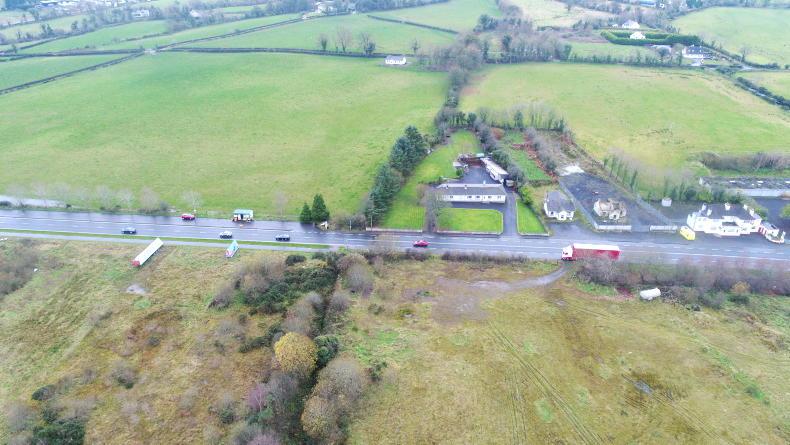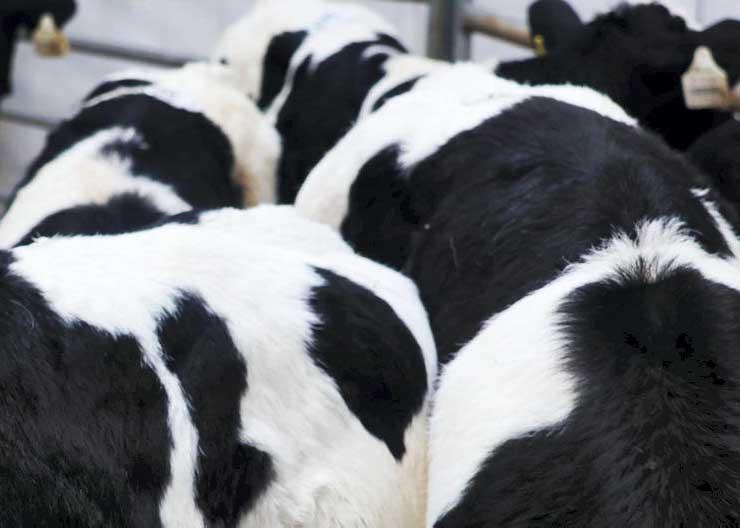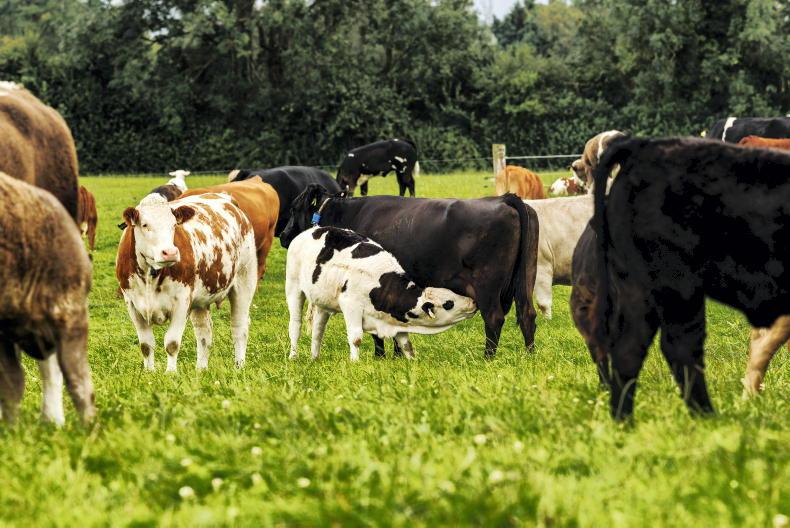The final countdown to Britain leaving the single market and customs union is under way and despite the ongoing debate about deal or no deal, the picture on what future trade will be like is starting to emerge. At this stage, it appears that it will either be a basic trade deal that avoids tariffs and quotas for produce and a return to the pre-1993 way of doing business before the single market was set up, or else it will be no deal at all.
In a no-deal scenario, business transactions can continue as they do at present with many countries outside Europe. However, such is the level of tariffs on agricultural produce, products such as beef and cheddar would be priced out of the British market.
Turning the clock back
If, as is being suggested, a formula is found for a basic deal, then doing business with Britain will return to the model that was in place before the single market was established in 1993.
There are two significant differences that will make commerce more straightforward than it was then. This time, Northern Ireland will remain aligned to EU standards which means no application of border controls at the land border on the island of Ireland. These controls will move to the ports and airports.
The other big change is that technology has developed dramatically in the intervening years, meaning that notifications and documentation can now be done electronically as opposed to manually, meaning a smoother process.
Brexit damage
Irrespective of technology advances and no land border, Brexit will be commercially damaging to the UK and Ireland. The Office for Budget Responsibility (OBR) in the UK, which is similar to the Irish Fiscal Advisory Council, last week put the cost of Brexit in the longer term as greater than that of Covid-19. It estimates that even if a late trade deal is secured, the cost to the UK economy will be a drop in GDP of 4% on an ongoing basis below what it would have been as part of the customs union and single market.
If no deal is secured in the coming days and trade is on a WTO basis from 1 January, the drop in GDP is forecast to be 6% lower than it would otherwise have been.
Red tape
These OBR figures are a combination of the numbers produced by a number of studies on Brexit impact and broadly similar figures were produced by Copenhagen economics on the impact on Ireland of a 7% reduction if there is no deal and 4.3% with a deal. These figures apply to the entire economy but if we were to consider them in the context of agriculture, they would be dramatically worse for Ireland. The most striking message is that the biggest economic damage for both the UK and Ireland comes from the reintroduction of red tape in doing business with the imposition of tariffs only making it worse.
The red tape that will cause the hit of at least 4% to the GDP of both the UK and Ireland comes from the reality of customs declarations and veterinary certification for products that are of animal origin.
Irish customs declarations will surge from 1.5m annually to 20m, while in the UK they will increase from 55m at present to 270m. Nobody has any idea of how well the infrastructure for processing these will cope until they go live in January and, in the case of the UK, the technology is still being developed.
Comment
All of this means that any announcement of a deal in the coming days won’t be greeted by euphoria, rather a measure of relief that it would have been even worse if there wasn’t a deal. The supply chain will have to foot the bill for the increased bureaucracy as the old way of doing business is restored. The UK government taking back control means that business and commercial transactions are taken back to how business was done before 1993 and the single market.
Facilities
Large-volume exporters will have the capability and facilities to comply though at a cost. Small businesses either exporting or importing speciality foods won’t have this capacity and they will also find an additional barrier if they are trading in fresh produce with a fresh meat content as there isn’t an EU health certificate to cover these.
A Brexit deal, if it comes, just means it could have been even worse.









SHARING OPTIONS